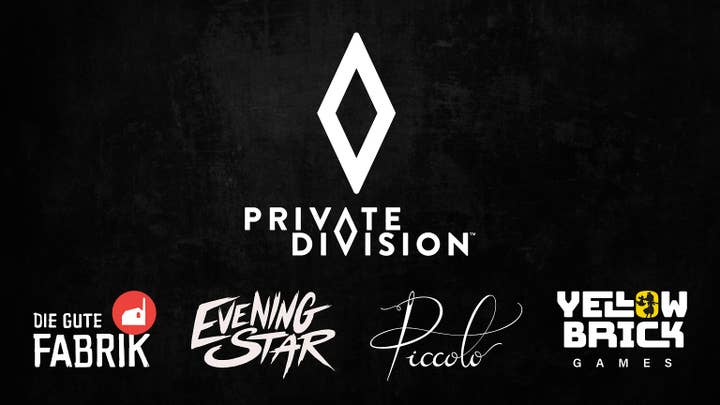Private Division pivots vision with smaller additions
Execs Allen Murray and Tom Bass talk strategy as label signs projects from Die Gute Fabrik, Evening Star, Piccolo Studio, and Yellow Brick Games
Private Division today announced its next slate of projects, teaming up with indie studios Die Gute Fabrik, Evening Star, Piccolo Studio, and Yellow Brick Games to publish their next titles.
Copenhagen-based Die Gute Fabrik will be following up its 2020 IGF Award-winning Mutazione with another story-driven game.
The developers at Evening Star -- best known for their work on Sonic Mania -- are working on an original 3D action platformer using their own proprietary engine.
Arise: A Simple Story developer Piccolo Studio has also signed on with Private Division to work on a new IP.
Finally, Quebec City-based Yellow Brick Games is parlaying its founders' experience at AAA publishers like Electronic Arts and Ubisoft to create an action RPG with emergent, systems-driven gameplay.
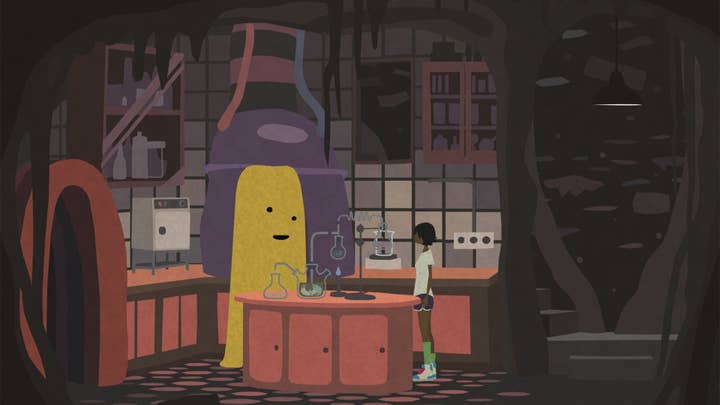
It's been four years since Take-Two's indie publishing label arrived on the scene, and these four signings reflect a change in how Private Division operates. The initial wave of the label's partners fit a certain kind of mold: Patrice Desilets' Panache Digital, David Goldfarb and Ben Cousins' The Outsiders, Marcus Lehto's V1 Entertainment and Obsidian Entertainment. They were high-end indies that had AAA experience and sensibilities, but weren't signing on to make the usual full fat 50-hour AAA games.
Speaking with GamesIndustry.biz, Private Division VP of production Allen Murray and VP of marketing Tom Bass say things have changed since then, and not just with the acquisitions that saw Obsidian Entertainment join Microsoft or Take-Two acquire Private Division partner Roll7 and Kerbal Space Program.
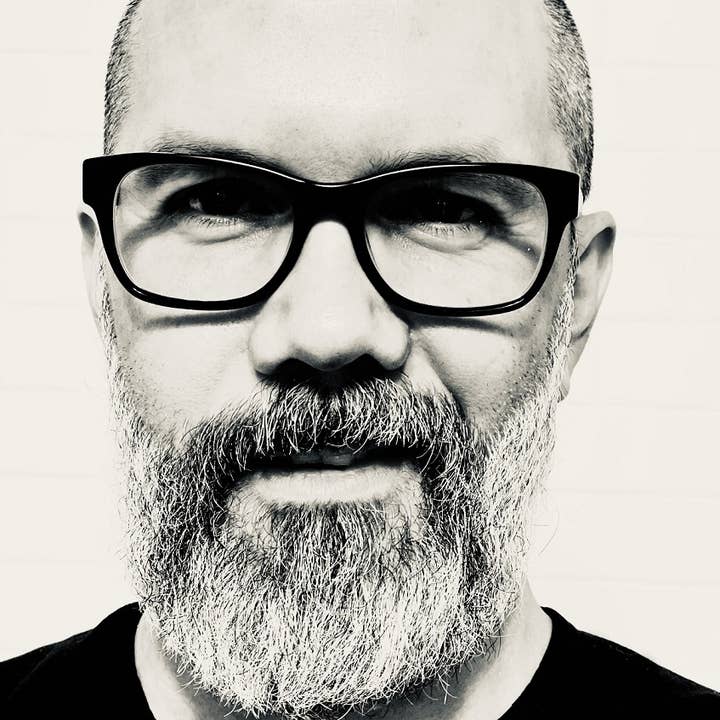
"Where we look at our portfolio strategy is we're working with very small developers," Bass says. "We're working with people like Evening Star or Die Gute Fabrik. These are tomorrow's gaming talent, teams that I think are each about a dozen people."
Private Division isn't completely shifting its strategy to playing small ball. The AAA veterans at Yellow Brick Games for example would probably have fit in with that initial batch of Private Division partners from four years ago. But Murray and Bass say the label has definitely expanded the scope of project it will take on to include smaller titles from smaller studios.
"Some of it was opportunistic," Murray says. "We saw a lot of great games being created by these smaller studios and we wanted to see if we could be there to help support them as their ambitions have grown."
For example, Piccolo Studio grabbed Private Division's attention when Arise: A Simple Story started showing up on Game of the Year nominee lists.
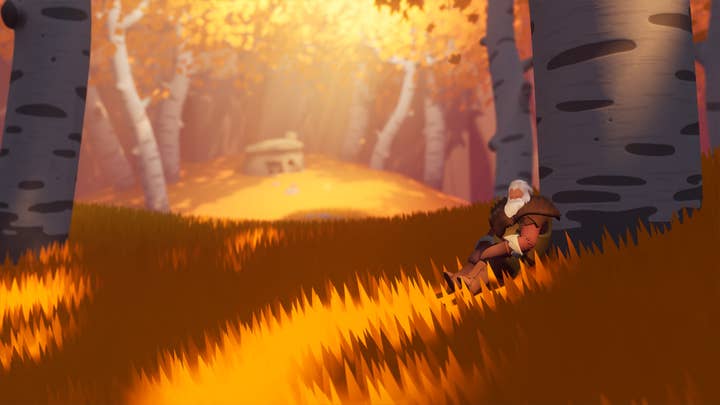
"After that, we loved the studio and heard their next pitch and said, 'We want to work on these games too,'" Bass says. "These are games that have really good potential, not only from a critical perspective but also raising the brand of Private Division to consumers, to editors, to people within the industry. You're attached to something that's a Game of the Year nominee, a Game of the Year category winner. And we see that potential in the games from Piccolo, Die Gute Fabrik, and Evening Star."
Diversifying its projects to include smaller scale titles means Private Division expects to put more titles on shelves each year in the future. And it also means the label may have more of an appetite for risk.
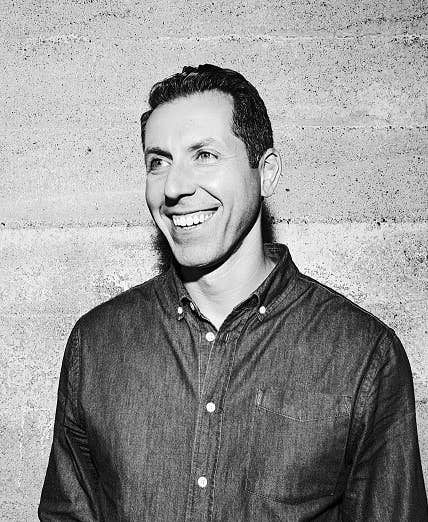
"We're clearly a commercial enterprise so we look for games that have a commercial aspect," Murray says. "Our hope would be that everyone has a positive return in the marketplace. That said, it's always a portfolio play. That's just the natural way of the market at the moment. So we keep that in mind. But we look to make sure there's a path to profitability for all of our titles... That said, in the space we operate in, we can take on a lot more risks. The overall cost level for the games in this middle space that aren't necessarily AAA in budget, you can do things more creatively. We can try some things out, and it gives us a little bit of having a foot in both worlds, which is nice."
The scope of games it backs isn't the only thing that's changed for the label.
"When we started out with Private Division, one of the statements we would make to developers was to say, 'Hey we're not heavy touch," Murray explains. "'We don't have an army of 20-50 people to assign to your project because we don't even have that many employees. So you get one or two of us to work with you and we'll be light touch.'
"And that's still the case, but over time we really strived to become a great collaborative partner, so we go pretty deep in trying to understand our partner's goals. What are their creative goals? What are their business goals, their operating goals? And how can we help them? We want to be a close advisor to their operations so we can understand how they want to operate, how they want to make their game, the goals of their game, and what they want the player to feel and experience. And that will help us figure out what we need to do."
On the marketing side, Bass says Private Division has scaled up internationally to address needs, and has supplemented its New York-based marketing headquarters with a team in Europe and a team in Singapore supporting Asia-Pacific launches.
"On one of our recent releases we had 240 versions of the launch trailer just because of the amount of variants you need to run media in different storefronts worldwide"
Tom Bass
"You may finish a trailer and have an amazing looking trailer that's complete, but we typically do -- on the low end -- 100 different versions of that trailer in different localizations, on different platforms, in different sizes," Bass says. "On the high end, on one of our recent releases we had 240 versions of the launch trailer just because of the amount of variants you need to run media in different storefronts worldwide."
In its four years, Private Division has also tried a handful of things that to this point have been one-offs for the label, like publishing physical versions of Supergiant Games' Hades and launching Obsidian's The Outer Worlds into Game Pass.
Bass and Murray don't rule out things like that in the future, but it's clear listening to them that they see those as moments of flexibility for specific situations rather than paths they're eager to explore further.
"For smaller developers, especially those without publishers, doing Game Pass deals is a very smart move because you're making back the bulk -- if not all -- of your money and getting to profitability very, very quickly," Murray says. "For smaller teams and smaller indie publishers, it's become a go-to move and it makes a lot of financial sense for them."
The decision to put a larger game like Outer Worlds into Game Pass was a unique situation because of Microsoft's acquisition of Obsidian mid-development, Murray says.

"Long-term, it was the best decision for Obsidian, certainly for Microsoft, and we wanted to support them in that."
As for how being included in Game Pass affected sales relative to expectations, Murray said there might have a "slight" increase in the numbers for the downloadable content packs on the Xbox platform because the installed base was higher thanks to Game Pass, while the hit to full-price sales was likely made up for by Game Pass fees.
"It's hard to know," Bass says, "because it's somewhat being treated like a first-party title since Microsoft now owns Obsidian and the IP, so they get the benefit of that internal marketing as well."
As for Hades, Private Division isn't about to start offering its physical distribution services on a wide scale, but it was another chance to attach the brand to a name with Game of the Year buzz.
"Supergiant is a studio we'd been wanting to work with for a long time," Bass says. "We have a lot of people we know and have worked with in the past there, and we all loved the game. For us it was a unique opportunity to find a way we could work together and bring a lot of value to them. We're happy with the performance and I know they were as well."
As for what the next evolution of Private Division will look like, Murray and Bass seem as interested in finding out as anyone.
"The majority of people on staff at Private Division have worked on the development side," Murray says, "so we can still say we know what it's like to walk in your shoes, we know what it's like to sit in your chair, we understand the trials and tribulations of making a game. We're not going to know everything that's going to happen two or three years from now, but we're happy to go along on that journey. And we're growing with you, are going to learn with you, and we want to support you."
